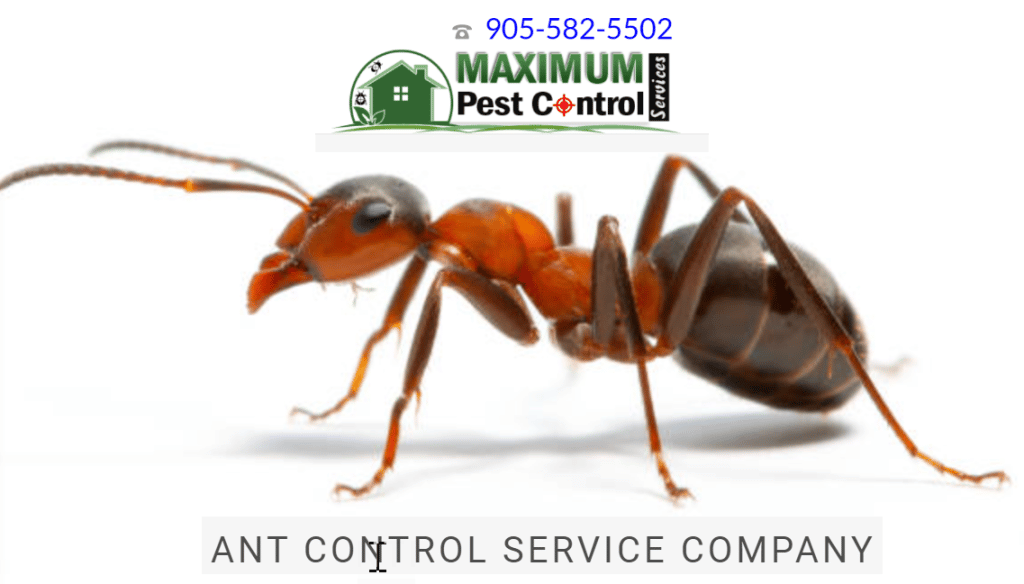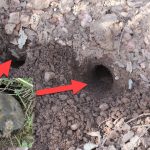
Annoying Gnats Ruining Your Outdoor Fun? Can Citronella Help?
Are annoying gnats ruining your outdoor fun? Discover benefits of Citronella oil how it can help in our latest blog post.
Warm weather bliss can quickly turn to misery when gnats arrive. These minuscule pests swarm faces and food, turning a relaxing patio hangout into an annoying insect battle. Chemical insect repellents work, but many prefer exploring natural options first. That’s where citronella oil comes in – this lemon-scented plant promises to shoo gnats away using its potent aroma.

But does citronella actually work against gnats? The reality is a bit mixed. While that strong citronella smell confuses some gnat species, repelling them temporarily, others seem unaffected. Tiny gnats can bypass citronella smoke easily too. So citronella may help reduce gnat issues, but likely won’t eliminate them entirely on its own. Let’s dig deeper into the science behind using this plant for natural gnat control.
Pesky Gnats: What Are They?
Gnats are those tiny, fly-like insects that seem to swarm around your face and eyes when you step outside. Part of the Diptera order alongside mosquitoes, common gnat varieties include fungus gnats, eye gnats, buffalo gnats, and fruit flies. While some bite, most are just nuisance pests making it hard to enjoy fresh air.
Certain environments are gnat magnets. Fungus gnats love damp soil, annoying indoor plant owners and greenhouse growers. Eye gnats, or eye flies, are drawn to moisture around eyes – a real hassle for outdoor relaxation. The buffalo gnat’s painful bite plagues those near rivers and streams.
The Citronella Plant
Citronella is a grassy plant packing a powerful, lemony punch. The two main varieties are Ceylon citronella (Cymbopogonnardus) and Java citronella (Cymbopogonwinterianus). That distinct citronella oil scent? It comes from natural compounds like citronellal, geraniol, and limonene in the leaves and stems.
For centuries, cultures worldwide have used citronella as an insect repellent. Its strong aroma supposedly confuses or drives away mosquitoes, gnats, and other pests. Today, citronella oil and candles are popular outdoor products promising bug-free bliss.
Does Citronella Actually Repel Gnats?
Citronella’s pungent aroma is key to its potential gnat-repelling powers. That strong scent is thought to confuse or deter many insects, gnats included. But the research tells a mixed story.
Some studies show citronella oil benefits has modest repellent effects on certain gnat species. That potent smell can help shoo away gnats bugged by intense aromas. However, those tiny pests can easily bypass smoke from citronella oil candles and coils. Many types don’t seem fazed by citronella compounds. Plus, the repellent only extends a little far from the citronella source.
Where Citronella Falls Short for Gnat Control
While citronella oil shows some promise as a gnat repellent, it’s crucial to recognize its limitations. Don’t expect it to fully eliminate your gnat issues. Combining citronella with other control methods gives you the best shot. Lack of airflow can also minimize its effectiveness since that strong scent needs room to disperse properly.
Results may also vary based on the specific gnat species buzzing around and the quality of the citronella oil product itself. Low-grade or watered-down citronella likely won’t pack the same punch as pure, concentrated formulas. Using a high-quality source maximizes your chances of successful gnat deterrence.
Maximizing Citronella oil uses Gnat-Fighting Power
If incorporating citronella into your gnat battle plan, follow these tips for best results:
- Quality matters – opt for concentrated citronella oil formulas with clearly listed potency levels. Skimping on strength won’t cut it.
- Strategic placement is key. Position citronella oil sources near gnat entry points, hangouts, and high-activity zones like doors and windows.
- Enlist airflow’s help by using fans or misters to better disperse that pungent citronella scent over larger areas.
- Don’t rely solely on citronella. Combine it with other controls like traps, zappers, or insecticides for maximum gnat-fighting power.
- Reapply or replace citronella regularly as the aroma inevitably fades over time for continued protection.
Beyond Citronella Oil: Exploring Other Gnat-Fighting Tactics
While citronella oil provides backup, don’t overlook these additional gnat control methods:
Install Barriers
Well-fitted window and door screens create physical barriers to prevent gnats from invading your home or outdoor hangouts. Mesh curtains or netting around patios also offer protected gnat-free zones.
Eliminate Breeding Grounds
Gnats love damp, organic environments like compost piles, over-watered planters, and standing water to breed. Removing these hot-spots through proper drainage starves gnat populations.
Deploy Traps and Zappers
A variety of specialty traps use attractive lures, lights, or sticky surfaces to capture gnats. Electric bug zappers eliminate them on contact too. Position these around gnat-prone areas.
Insecticides as Last Resort
For severe infestations, targeted insecticide application may eventually become necessary. But approach with caution – follow instructions, and remember these products can harm beneficial insects and impact the environment. Most homeowners prefer exhausting lower-impact options first.
The Citronella Verdict? A Helpful Sidekick, Not a Gnat-Slaying Superhero
Let’s summarize what we’ve covered about using citronella to tackle gnats infestations. That lemony scent packs some repellent power, but has notable limitations. Certain gnat species seem unphased, effects are temporary, and coverage is limited to the citronella source’s immediate vicinity. Citronella products are best viewed as one part of a broader gnat-control arsenal.
To maximize results, invest in high-quality, concentrated citronella formulas. But don’t stop there – combine with other tactics like screening entryways, eliminating breeding sites, setting traps, and strategically positioning fans or misters. An integrated approach and reapplying citronella regularly gives you the best shot.
Gnats are notoriously persistent pests. Identifying your specific nuisance gnat and understanding its habits allows you to craft a customized, multi-pronged offense. With diligence and the right plan of attack, you can take back your outdoor living spaces from these tiny invaders. If you require pest control service for your home or business, contact Maximum Team (905) 582-5502





